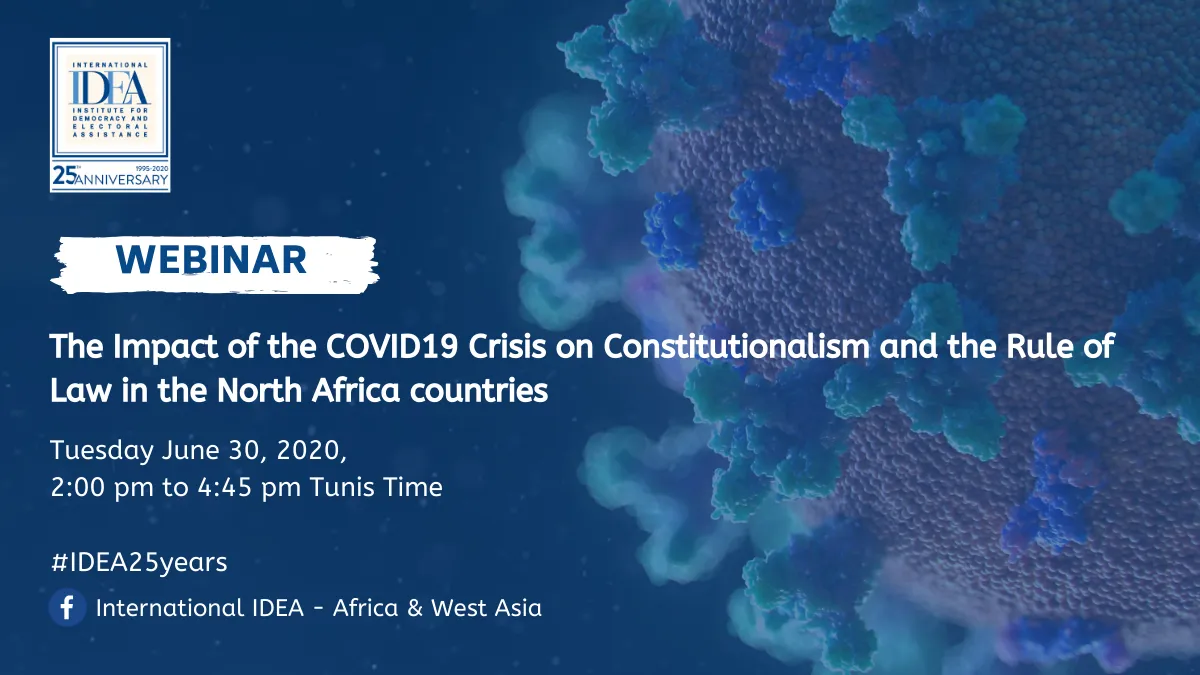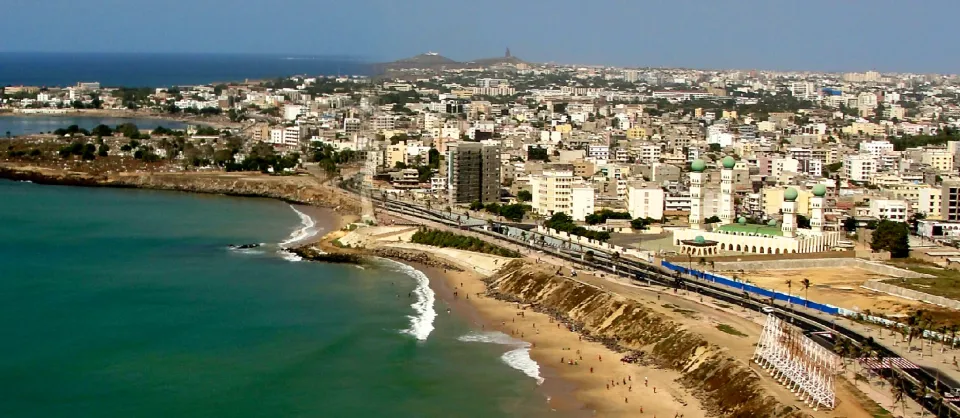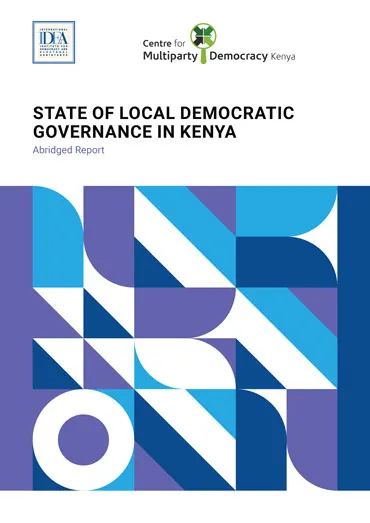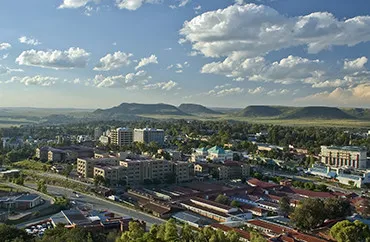Webinar : The Impact of the COVID-19 Crisis on Constitutionalism and the Rule of Law in North Africa Countries.

As the COVID-19 crisis takes a devastating toll on lives and livelihoods across the continent, its effects on the democratic development of African countries becomes fundamental. While much attention has been paid to the question of its consequences for democratic and electoral processes, its impact on constitutionalism and the rule of law in these states has received relatively less attention. It is against this backdrop, that International IDEA is organizing, in partnership with the Department for Political Affairs (DPA) of the African Union Commission (AUC), a two and half (2.5) hour webinar around the theme: “The Impact of the COVID-19 Crisis on Constitutionalism and the Rule of Law in North Africa Countries.”
In North Africa Countries (Algeria, Egypt, Libya, Morocco and Tunisia), as elsewhere across the continent, the pandemic has been relatively slow to materialize, and governments have had the advantage of a time-lag in the spread of the virus. They have adopted some emergency measures to respond to the COVID-19 crisis—some harder than others. These measures varied from school closures to isolation and quarantine policies, health screenings in airports and border crossings, international flight suspensions, domestic travel restrictions, limits on public gatherings, public service closure, military deployment, among others. Implementation of these measures has been affected by the sociopolitical context of each country. While the numbers of infections and deaths continue to rise, North Africa countries have kept state of emergency regulations but have begun a gradual lifting of restrictions. The question is therefore to know how Constitutionalism and Rule of Law can be preserved in the context of a long term COVID-19 pandemic in the Region?
The objectives of the exchange will be, from a retrospective and prospective practical analysis, to inspire decision-makers and feed the thinking of experts, academics, researchers, journalists, and citizens around this theme. More specifically, the discussion will consider not only the challenges in terms of socio-political dynamics induced by the COVID-19 crisis and its impact on Constitutionalism and the Rule of Law in North Africa Countries, but also the opportunities it presents for their democratic development.
The webinar will be based on two premises. First, the need to go beyond the teleological approach of Constitutionalism and the Rule of Law to consider them from their ultimate goals, which are to guarantee respect for the fundamental rights and freedoms of citizens, both in normal and in exceptional situations. Secondly, the adoption of a holistic perspective allowing consideration of not only civil and political rights, but also the economic and social rights of citizens in the context of the COVID-19 crisis in the countries concerned.
Issues to be discussed will include:
- Overview of State of Emergency Regulations—including their conformity with constitutional provisions as well as regional, continental and international norms and standards;
- Socio-economic impacts of State of Emergency Regulations;
- Impact of Emergency Regulations on access to basic public services, particularly health services/systems;
- Impact of Emergency Regulations on vulnerable groups—particularly women, youth, children/elderly, Refugees and IDPs;
- Impact of Emergency Regulations on peace and security;
- Impact of Emergency Regulations on State-Citizens relations; and
- Control of Executive under Emergency Regulations.
The Webinar will take place on 30 June 2020, from 14:00 to 16:45 Tunis Time and accessible via a link that will be shared shortly.
It will be moderated by Zaid al-Ali and Maurice Engueleguele.
Panelists will include:
− H.E. Prof. Fatima Zohra Karadja, Chairperson of the APR Panel of Eminent Persons.
− Prof. Abderrahim El Maslouhi, Professor, United Arab Emirates University.
− Dr Noha Bakr, Associate Professor, American University of Cairo.
− Dr Yahia H. ZOUBIR, Professor of International Studies, Visiting Fellow, Brookings Doha Center.



